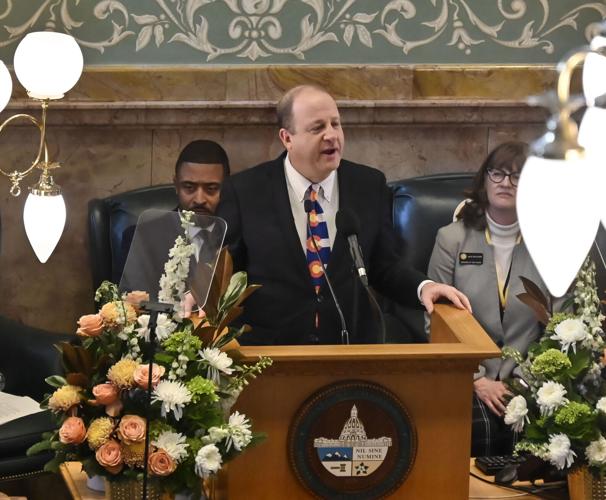Rand Paul proposes bill for new gain-of-function research funding procedures
Several years after the COVID-19 pandemic, Sen. Rand Paul (R-KY) introduced the Risky Research Review Act on Wednesday to help address the growing challenges associated with government-funded scientific research. This legislation would create a board to oversee scientific research funded by the government related to possible and existing national security threats.
The bill would create a Life Sciences Research Security Board in the executive branch to manage the intricate processes related to such studies. It would be an independent body composed of scientists and experts to analyze any government-funded scientific research projects.
“We must demand accountability for the grave oversights that were revealed by the COVID-19 pandemic,” Paul said in a press release. “The safety of our nation and the trust in its institutions depend on it. My bill not only strengthens transparency but also ensures that public health decisions are made in the best interest of the American people, free from financial motives and prioritizing national security.”
The Life Sciences Research Security Board created by the Risky Research Review Act would bring accountability to scientific research funded by the government. This new agency would monitor all programs involved with such research, using an independent board to analyze and evaluate the legitimacy and relevance of government-funded research projects, among other things.
“The Life Sciences Research Security Board will serve as an independent body responsible for thoroughly evaluating gain-of-function research and other potentially harmful studies involving high-consequence pathogens,” the release reads. “Currently, the funding and study of life sciences research lack sufficient government oversight, allowing American taxpayer dollars to be spent without proper safeguards.”
Paul’s proposal would establish a rigorous analysis and assessment process to evaluate “high-risk research and decide whether tax dollars should support specific research proposals, ensuring accountability and strengthening transparency.”
Moreover, the Risky Research Review Act would require a mandatory majority vote, restrict funding without board approval, and require full disclosure from research grant applicants if their studies involve “high-risk life sciences categories” or use dangerous chemicals, agents, or toxins.
Additionally, the RRRA would mandate that grant recipients disclose all subcontracts and subawards and submit annual reports to be published online with a “summary of determinations, findings, and information about entities and subawardees involved in high-risk life sciences research.”
TAKEAWAYS FROM THE CONFIRMATION HEARING FOR TRUMP NIH PICK JAY BHATTACHARYA
Paul’s legislation is a bipartisan proposal. Sen. Gary Peters (D-MI) was an original co-sponsor of the bill.
“Life science research can yield breakthroughs that help protect the health of Americans, but it must be done with proper safeguards in place,” Peters said. “By creating an independent oversight agency, this bill will help maintain control of high-risk research, to ensure it’s effective, innovative, and safe.”










